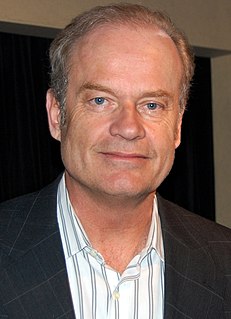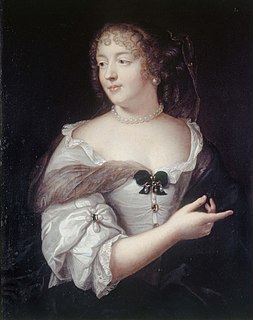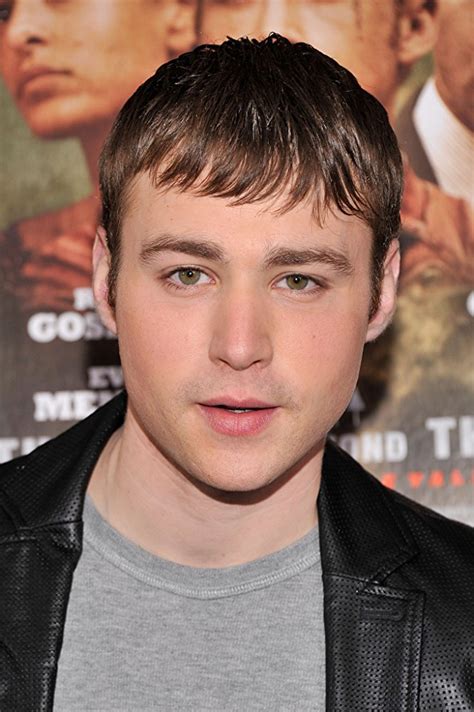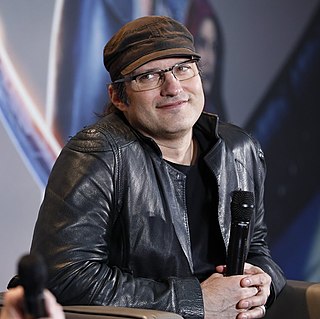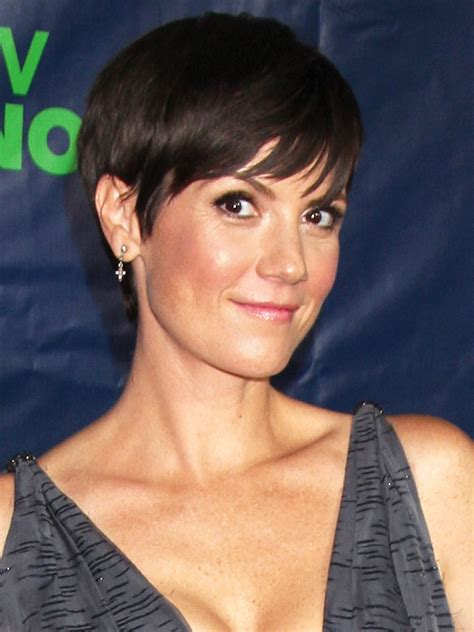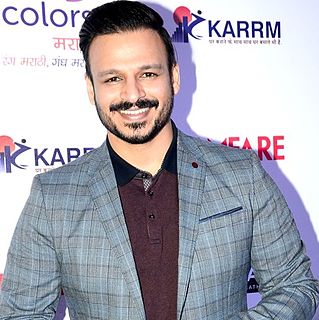A Quote by Kelsey Grammer
Iago is one of the most liked characters in Shakespeare's canon, and he's the most evil, most extraordinarily manipulative person in history. He says the worst, most politically incorrect things, even for the time the play is set in - and yet audiences adore that character.
Related Quotes
Since the purpose of reading, of education, is to become good, our most important task is to choose the right books. Our personal set of stories, our canon, shapes our lives. I believe it is a law of the universe that we will not rise above our canon. Our canon is part of us, deeply, subconsciously. And the characters and teachings in our canon shape our characters--good, evil, mediocre, or great.
Musically, though, you're a character and you're singing a song. If you're not your own character, you're the character in the song, most of the time. Even blues musicians, a lot of them who were the most realistic, at times, they were singing a song and portraying a character in the song. There's something to be said for getting involved in the emotion of a song, too, with the characters.
One of my favorite experiences in my career, certainly one of the most interesting characters I've ever played, was Simon Lee on 'The Event.' That was a show I was quite proud of and a character I really enjoyed playing. It was one of the most three-dimensional characters that was ever written for me and that I'd ever gotten to play.
You don't just have people who wake up in the morning and say, "What evil things can I do today, because I'm Mr. Evil?" People do things for what they think are justified reasons. Everybody is the hero of their own story, and you have to keep that in mind. If you read a lot of history, as I do, even the worst and most monstrous people thought they were the good guys. We're all very tangled knots.
